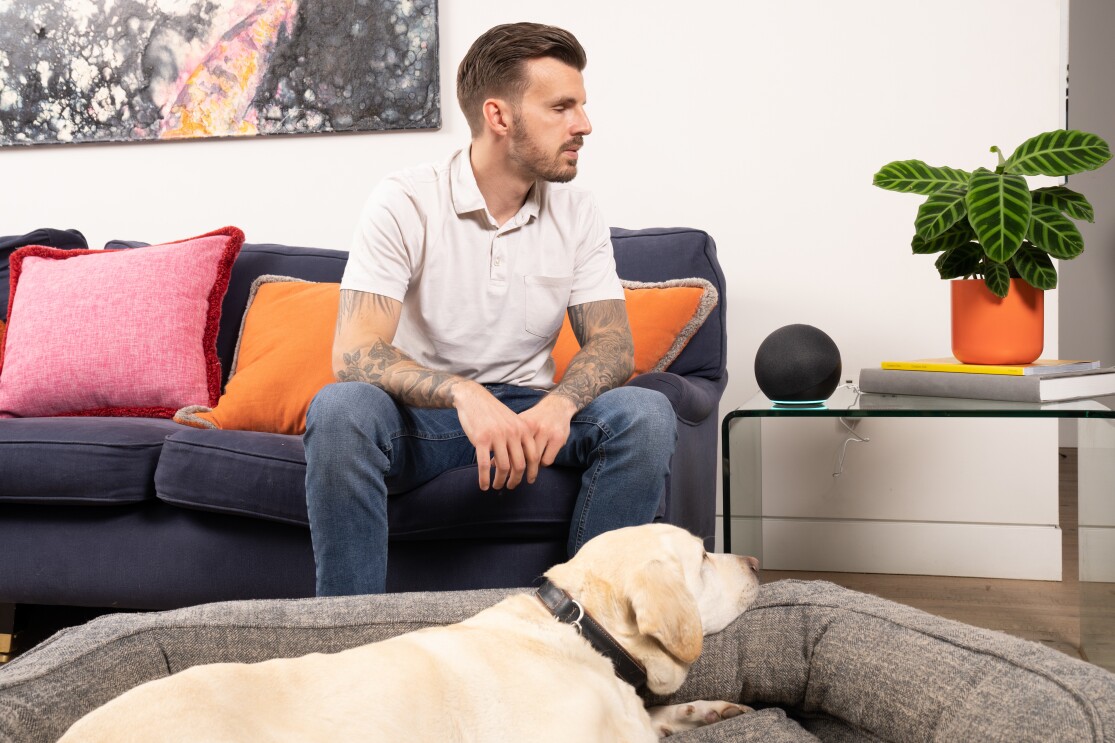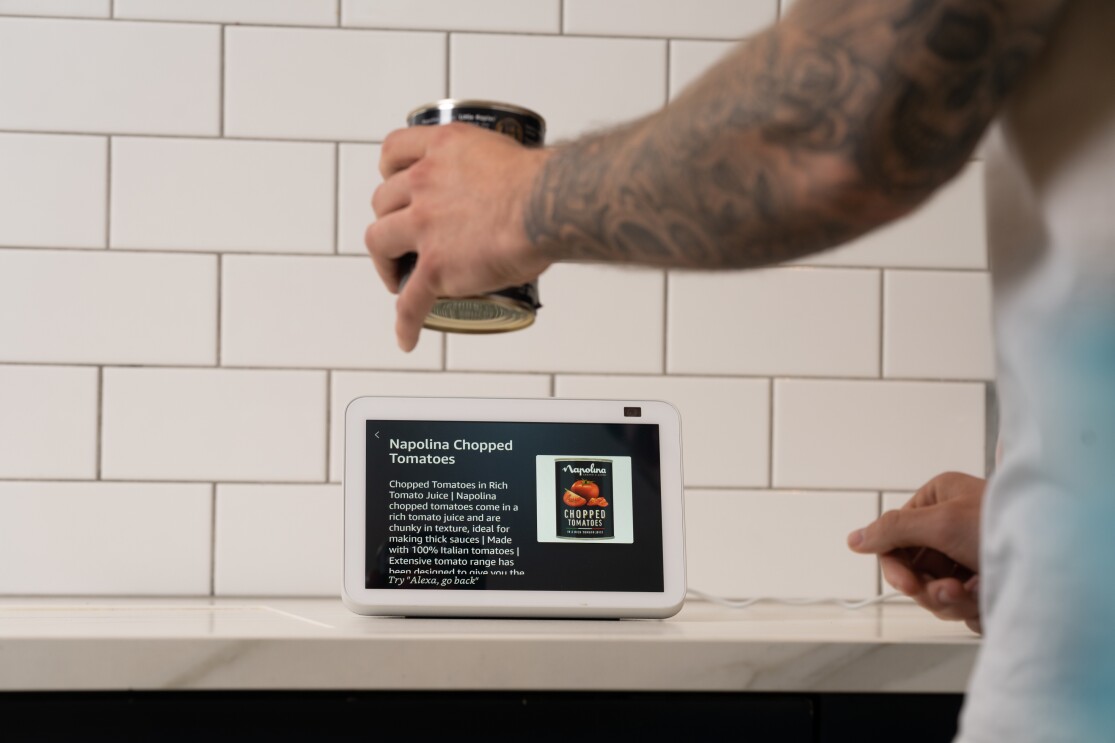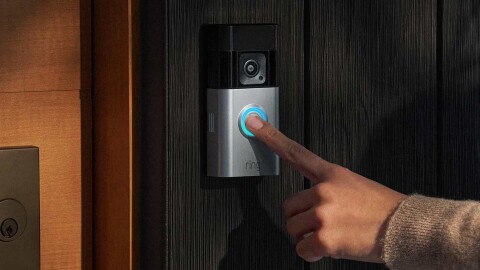To mark Global Accessibility Awareness Day 2022, Amazon Devices & Services has released research findings showing how devices and smart home technology are helping improve the lives of people with accessibility issues, but that more focus needs to be placed on inclusive design. They also hosted a virtual roundtable event with a panel of industry representatives to discuss the new research findings.
Historically, Amazon has collaborated with charities to help increase people’s independence and quality of life. Recently, RNIB’s Talking Books library was brought to Alexa, giving people who are blind or visually impaired access to thousands of audiobooks for free. Through the Voiceitt mobile app, customers with speech impairments can access and interact with Alexa using short, sometimes deconstructed, phrases they can pronounce to ask Alexa to perform complex commands.
Amazon’s research, carried out by YouGov, surveyed 1,084 UK adults living with a physical or sensory disability, including visual, hearing, speech and mobility impairments.
The nationwide study found that more than three quarters (77 per cent) of respondents use technology and devices to help them with everyday tasks such as answering the door and controlling their lights. Those who do use devices to help with something that might otherwise be difficult do so, on average, 13 times per day. The number of people with a mobility impairment using smart speakers to control household appliances like kettles, toasters and thermostats has doubled over the past five years, while the number using a video doorbell to answer the door without having to leave where they are currently situated has quadrupled.

The research also found that, among respondents with a visual impairment, the use of devices such as Kindle and Echo, and features such as Braille Support for Fire Tablets has increased by 48 per cent during the past five years.
Since the start of the pandemic, technology has helped 70 per cent of people with disabilities who live alone feel more connected through video calls with friends and family and messaging apps. A further 36 per cent reported that smart home technology, including the ability to check on their homes remotely, has helped them feel secure. Almost one third (31 per cent) said advancements in technology have made their work lives ‘easier’ or ‘much easier’, and one fifth (20 per cent) said advancements in technology have put them on a more equal footing with work colleagues.
However, the research also highlighted the need for more to be done with inclusive design, with just 1 per cent of respondents saying that devices are always designed with accessibility front-of-mind, and 48 per cent saying they face challenges in using new technology that an able-bodied person might not.
Championing accessibility with technology
Amazon will keep developing technology that helps to remove barriers to accessibility for everyone. Recent developments include Show and Tell on Echo Show devices, whereby customers who are blind or have low vision can identify common household grocery items by holding them to the screen and asking ‘Alexa, what am I holding?’.
Just last month, Fire TV became the first-ever streaming media player to support Audio Streaming for Hearing Aids. Customers with compatible Starkey hearing aids can now connect directly to Fire TV Cube for private listening.
“At Amazon, we are constantly challenging ourselves to invent devices that can be used by everyone,” said Shadi Abou-Zahra, Principal Accessibility Standards and Policy Manager at Amazon.
“We’ve launched a number of accessibility features for our devices that we are extremely proud of, such as the ability to call the RNIB helpline and access RNIB Talking Books via Alexa, and Fire TV being the first streaming media player to support Audio Streaming for Hearing Aids. We also launched Alexa Show and Tell for customers who are blind or have low vision to help them identify common household grocery items that are hard to distinguish by touch, such as canned or boxed foods. Customers simply ask, ‘Alexa, what am I holding?’ and Alexa will help identify the item through advanced computer vision and machine learning technologies.

“Building a more inclusive world is everyone’s responsibility, and there is more we, and everyone else, needs to do. Global Accessibility Awareness Day is a poignant moment in time to consider life from a different point of view, and I am excited about the opportunities ahead.”
Dr Amit Patel, disability rights campaigner, was one of the representatives who joined the virtual roundtable hosted by Amazon. He shared her thoughts and comments on the role of technology for people with disabilities or accessibility issues.
“During the past few years, technology has become even more integrated in our everyday lives and many people use smart devices to help them throughout the day, from communicating to managing their homes,” said Dr Amit Patel.
“As someone who is registered blind, I use technology to help me out dozens of times a day, such as using Alexa Routines to control my smart home devices so that the lights switch on when I say, ‘Alexa good morning’ and then Alexa runs through my calendar. Technology can be a lifeline, but companies need to focus more attention on the needs of people who rely on it most.”
Visit the Alexa Accessibility Hub to find out more.











